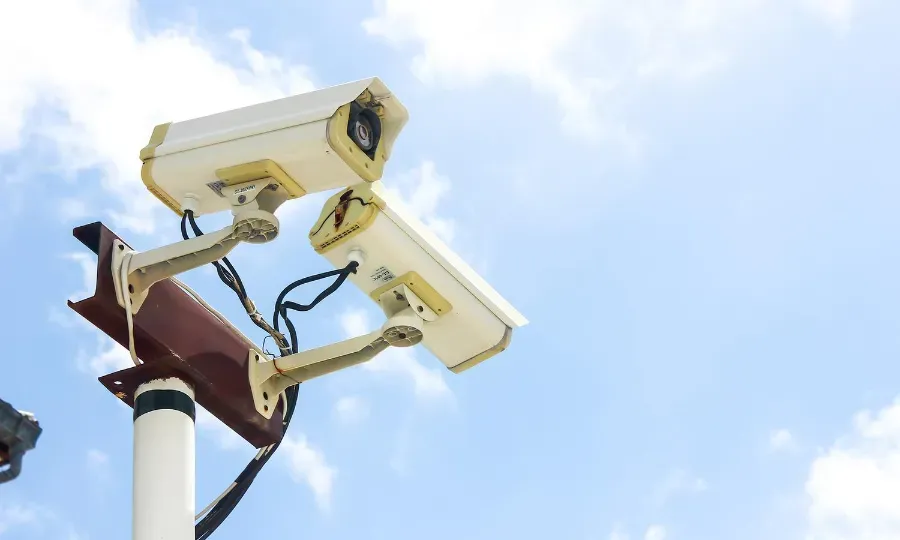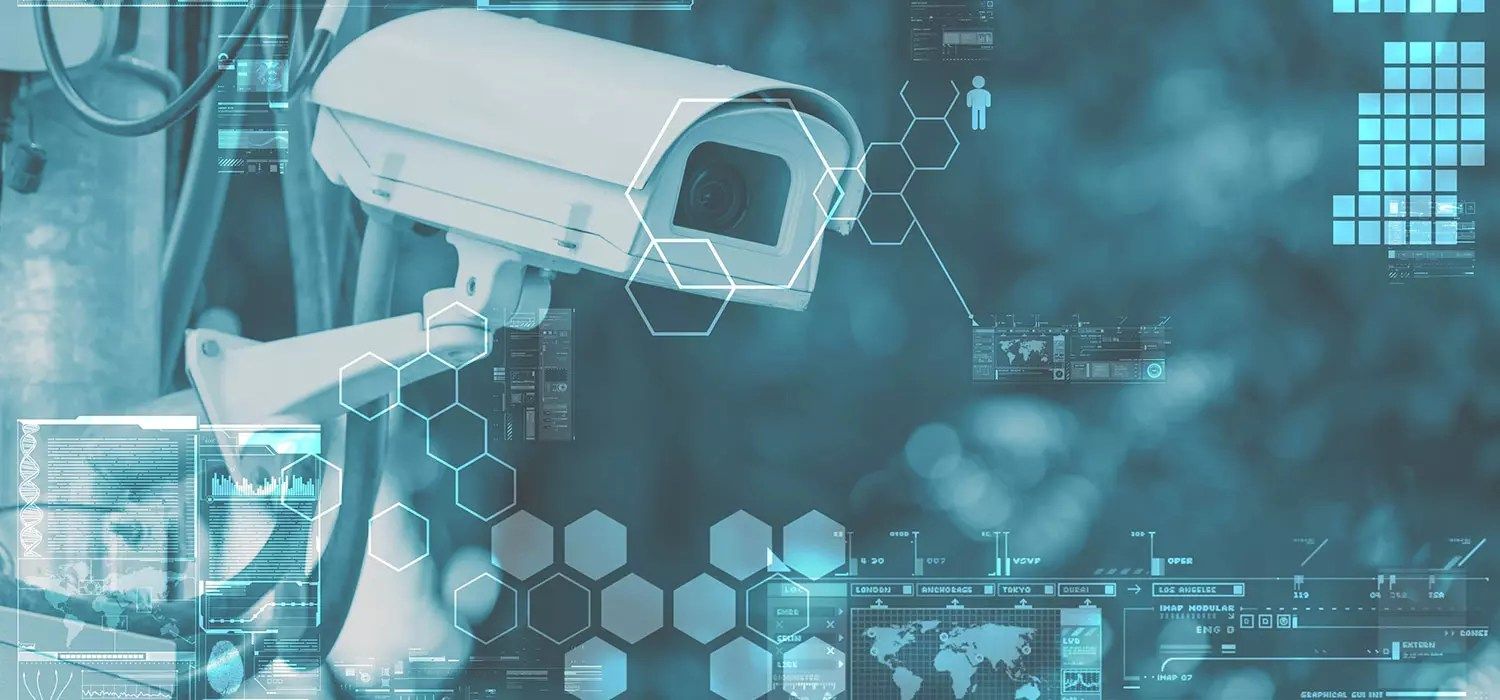Big Data Becomes Big Brother; Will Privacy Be The First Casualty Of Big Data?

The Data Detention Directive of the EU in 2006 states that all telecom and internet service organisations need to store any data of their customers for a minimum of six months to a maximum of two years. Who calls whom, who sends whom a text message, who sends whom an email, which websites are visited or which apps are used and where you are. They know where you sleep. They know everything about you.
In a TED talk at TED Global in 2012, Malte Spitz describes that if the Stasi would have known what our governments know today, the Berlin Wall might never have come down. With the information collected, governments can find the mavens and leaders within society and with this information you can control a society.
So, will Big Data mean the end of privacy? In an interview in 2009, ex Google CEO Eric Schmidt already said: “If you have something that you don't want anyone to know, maybe you shouldn't be doing it in the first place.” Meaning that in the future, privacy as we know it might cease to exist. Already, Big Data causes some serious privacy issues that are important to address and to be aware of. Organisations should understand these when moving forward with their Big Data and be transparent about them and customers should be aware of it:
An Unclear Privacy Policy
A lot of organisations think that having a privacy policy might be sufficient, but does anyone really understand what is meant in such a policy? If at all it is read by visitors. Organisations should not only inform their customers, but also protect the digital immigrants regarding the privacy policy. A digital immigrant might not even understand what it means when he or she accepts a policy and agrees that the personal information can be collected, used or disclosed for ‘marketing purposes’.
A privacy policy could mean no harm at presence, but become dangerous when the organisation decides to change it and decides to sell the collected data. This could have serious consequences. Foursquare, for example, updated its privacy policy quietly recently. It can now share more detailed information with locations. What if Foursquare also decides to sell that data to third parties, like a health insurance company? It could mean that a bartender who checks-in into the bar he works, is marked as an alcoholic because he goes to that bar every day, resulting in a more expensive health insurance plan.
Re-identification of Anonymous People
As written in a previous post, re-identification of anonymous people becomes possible when there is enough information available and datasets are combined with each other. As we leave more data traces online, it will become easier to re-identify individuals if measurements are not taken accordingly and data is not properly anonymized. Re-identification of individuals can have some serious consequences when, for example, private health information is recovered that could lead to discrimination, embarrassment or even identity-theft.
CCTV Cameras Flooding the Country
If that is not enough, we are also filmed and recorded constantly. It is estimated that more than 300 different cameras might record an individual throughout the course of a single day. Especially the UK is a big fan of security cameras; with over 4.2 million CCTV cameras in place it has more cameras than China has.
The percentage of HD CCTV cameras is still small, but expected is that in 2016 the amount of High Definition CCTV cameras will reach 3.7 million in the UK alone. These cameras are not ordinary cameras, but these cameras can hear, detect dangerous situations, detect and follow movements and know who is recorded in a split second. In The Netherlands such cameras are protecting the border already. These cameras register each and every vehicle that crosses the border and checks it in a database if it is wanted. Within a split second a signal is given whether or not to stop the car. What does this mean for your privacy and the free movement policy within Europe?
Data Knows What You Will Do Tomorrow
But there is even more, as without knowing, we carry with us many chips that monitor our every movement. We carry our phone, our tablet and laptop that monitor everything. We drive in our car with sensors and our TomTom registers and shares our location and how fast we drive. We run with Nike+ tracing equipment and share it online instantly and our scales share our weight and whether or not we have reached or weight-losing goals. All this data is placed online and once recorded and online it becomes impossible to remove it again. Smart algorithms can use all these information to predict what you will do, before you have decided yourself. It knows what you did last night and what you will do tomorrow or next week.
Is the Data Collected Correct?
Another important issue is that it is almost impossible to make sure that all the data that is collected, is actually correct. First of all, because most of the time we do not know what information is collected, but more importantly because we do not have access to our own data. This principle is incorporated into the Fair Credit Reporting Act (FCRA), which requires credit-reporting agencies to provide consumers with access to their credit reports so they can have inaccuracies corrected. But this is only for credit-reporting agencies and the law was originally passed in 1970, way before all other industries started collecting massive amounts of data. So, nowadays, the general public has no clue what entities are collecting what information and what they are or will be doing with it.
The Free Will
I would like to go one step further. All data that is collected is used to recommend products or services while we surf the internet. It is used to determine the results of the search engine we see and it is used to show us tailor made homepages of websites. Does Big Data in that sense prevents us from having a free will? Due to Big Data we might miss out on products that otherwise we would have liked to buy. Or we miss a search result that would change the course of our lives, just because Google thought it would not interest us. We will become what Google wants us to become…
Conclusion
There are many advantages to Big Data, which are described at our blog section, and Big Data will definitely change the way we organise ourselves and the way companies operate. We will for sure make a lot of money with Big Data, become more efficient, discover new trends and markets and give our local economies a push for growth. But it is also important to know and understand the downside of Big Data.
So, how do we prevent that our privacy will become the first victim of Big Data? Governments will have to step in and develop appropriate laws that stimulate the usage of Big Data but also protects the digital immigrants as well as the digital natives. Organisations should stop being creepy and become transparent in what they collect and how they use it. Transparency is after all, half the cure. So, lets enjoy the advantages of Big Data while reminding ourselves that only because organisations have the possibility to store data, they do not always have to do it. Privacy is fundamental right and we have to fight for self-determination in the digital age in order to keep our privacy.





